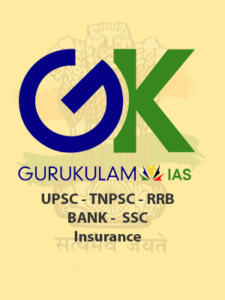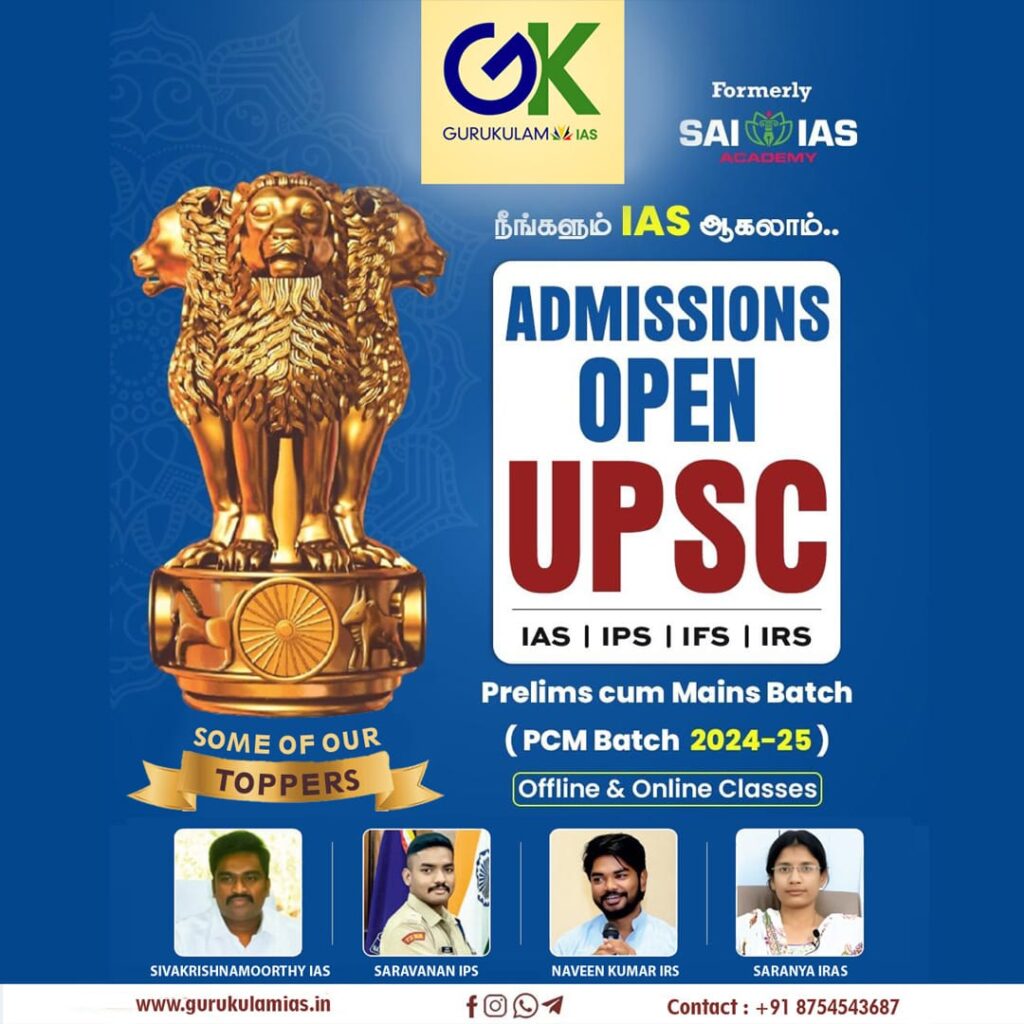GST – Compensation Cess :
- A 10-member committee of ministers headed by Union Minister of State for Finance Pankaj Chaudhary has been constituted to examine and make recommendations regarding the GST Compensation Cess tax.
- Goods and Service Tax is levied at 4 rates namely 5, 12, 18 and 28 percent.
- However, according to the GST Act, GST can be levied up to 40 percent on goods and services.
- Under GST, cess is levied at varying rates of more than 28 percent on luxury goods, tobacco, cigarettes, etc.
- This cess was levied to cover the revenue loss to the states due to the GST system which came into effect on July 1, 2017.
- The proceeds were given to the states.
- The central government planned to provide this amount for 5 years from the date of implementation of GST till June 2022.
- In 2022, the GST Council decided to levy GST cess on luxury goods, tobacco and cigarettes till March 2026.
‘Kavach’ technology across the country:
- In order to improve railway safety, efforts have been intensified to install modern technological equipment ranging from ultrasound tests to fog protection devices on railway lines across the country.
- Train drivers and other railway employees are also being given special training on ‘Kavach’ automatic train safety technology.
- This indigenously manufactured ‘Kavach’ technology is a technology that automatically applies brakes and stops the train when another train is approaching on the same track or when a red signal is flashing while the train is moving at a certain speed.
- This ‘Kavach’ technology will also help the train run safely during bad weather conditions.
- 1 lakh km covering 7,000 railway stations. ‘Kavach’ technology will be implemented on long distance railways.
- Railway Minister – Ashwini Vaishnaw.
Special status for Jammu and Kashmir again: Pakistan insists
- In the 79th UN General Assembly, Pakistan Prime Minister Shehbaz Sharif urged India to bring back Article 370, which gives special status to Jammu and Kashmir.
- During the partition of India and Pakistan in 1947, Raja Hari Singh, the last Maharaja of the state, wanted Jammu and Kashmir to be independent.
- After certain conditions, he agreed to accede the state to India.
- In the Constitution of India, Article 370 was enacted under which special status was granted to Jammu and Kashmir.
- On August 5, 2019, the Centre abrogated Article 370 of the Constitution, which granted special status to Jammu and Kashmir within the Indian Union.
- The Union government also brought in the Jammu and Kashmir Reorganization Act, which split the erstwhile state into two union territories, Ladakh and Jammu and Kashmir.
UN Permanent Member Status of India in Security Council:
- French President Emmanuel Macron has expressed his support for India’s permanent membership in the UN Security Council.
- In the 15-member Security Council, only five permanent members—China, France, Russia, Britain, and the United States—have veto power.
- Countries with veto power can overturn resolutions passed by the Security Council.
- The remaining 10 members are elected as non-permanent members for 2 years and these countries do not have veto power.
- India was a non-permanent member last year 2021-2022.
September 28: International Canine Bite Day
- International Rabies Day is observed every year to focus on prevention of rabies and activities to cure this deadly disease.
- It marks the death anniversary of Louis Pasteur, the French chemist and microbiologist who discovered the cure for rabies.
Important Facts:
- UN Secretary General Antonio Guterres.
- Anantha Nageswaran, Chief Economic Adviser to the Central Government, has said that the Indian economy will grow by 6.5 percent to 7 percent in the financial year.
- Kavitha, an organic farmer who died in Palani, was awarded the ‘Velan Semmal’ award.
- Students of Mother Teresa Women’s University from Biotechnology Department have invented a hand-held device to detect the quality of white garlic grown in Kodaikanal.
- The white garlic grown in Kodaikanal areas was awarded the geographical Tag in 2019.




